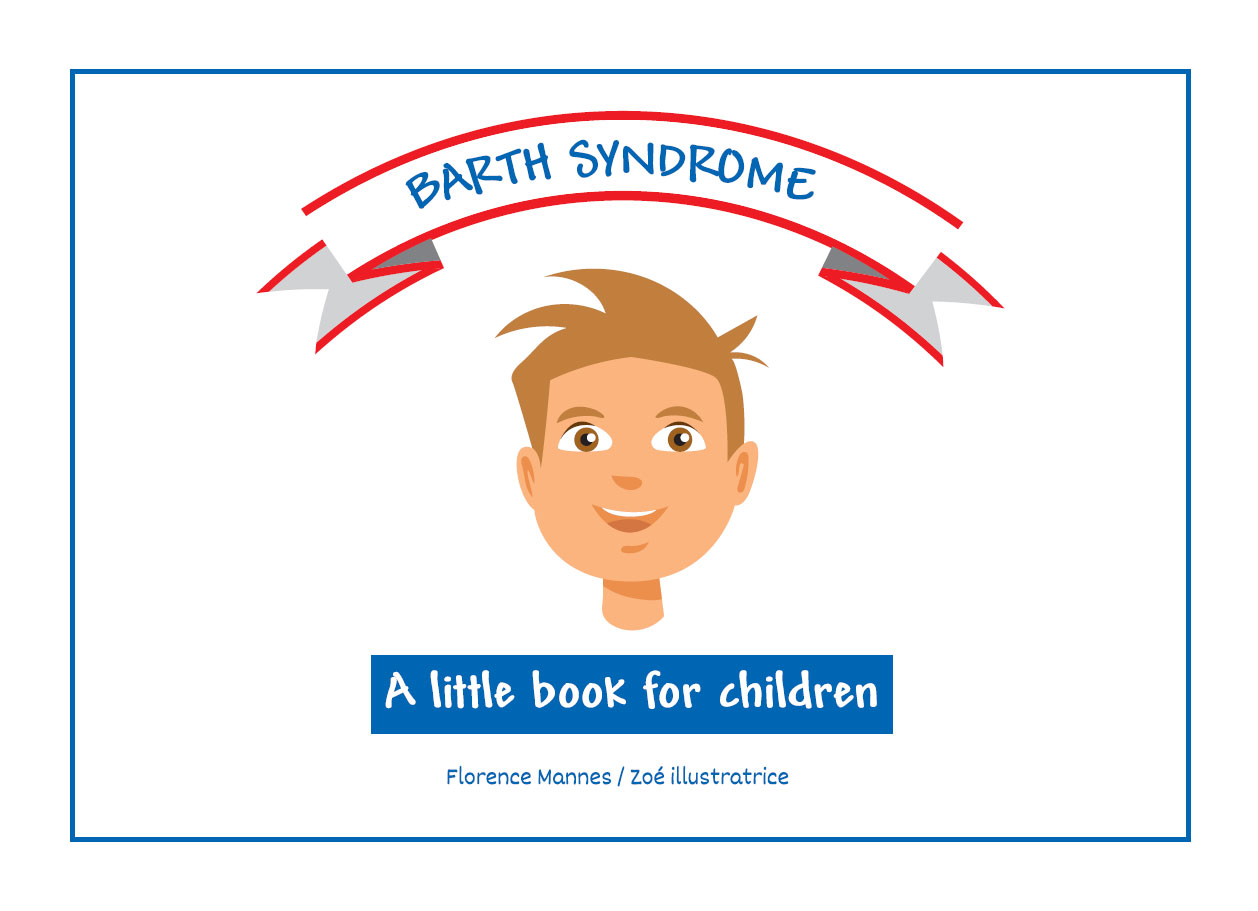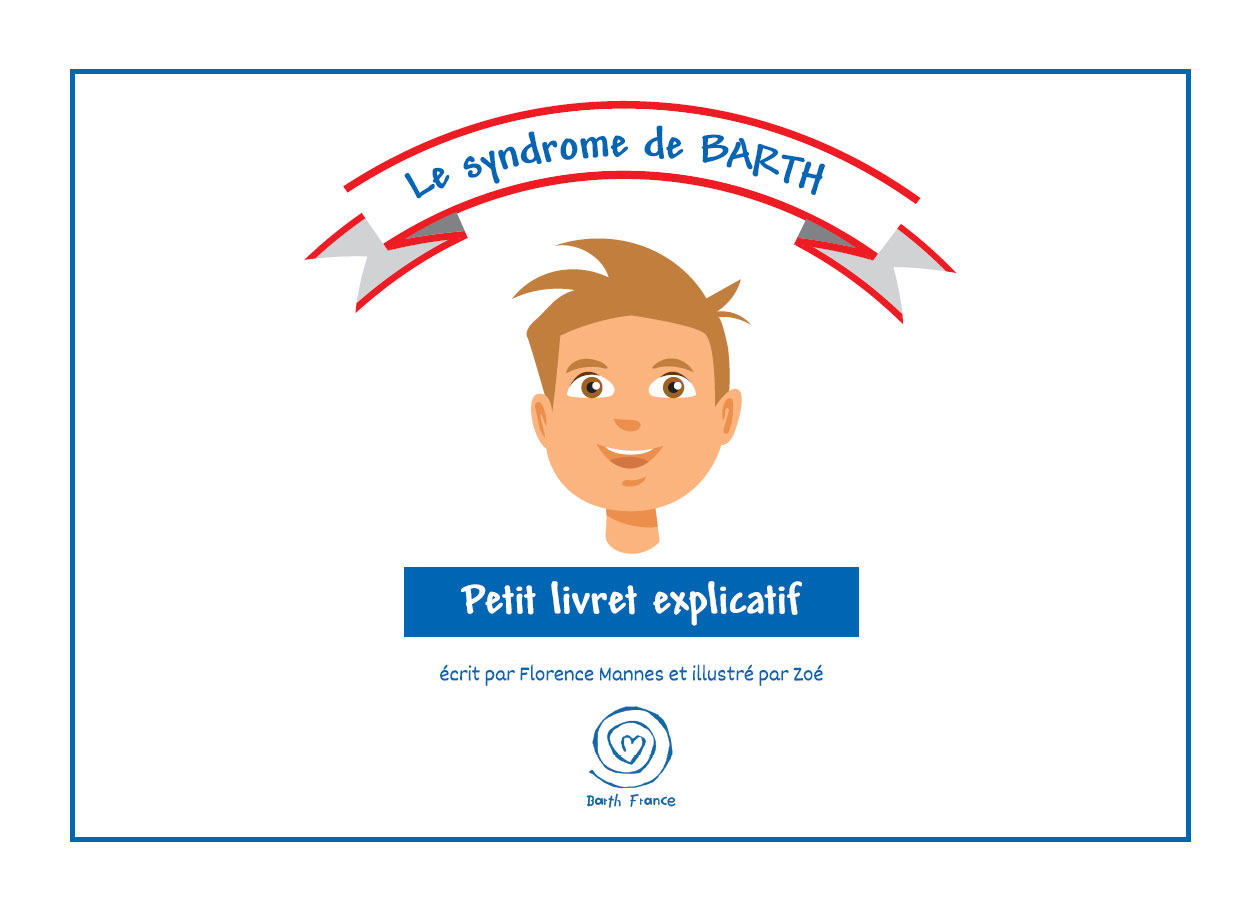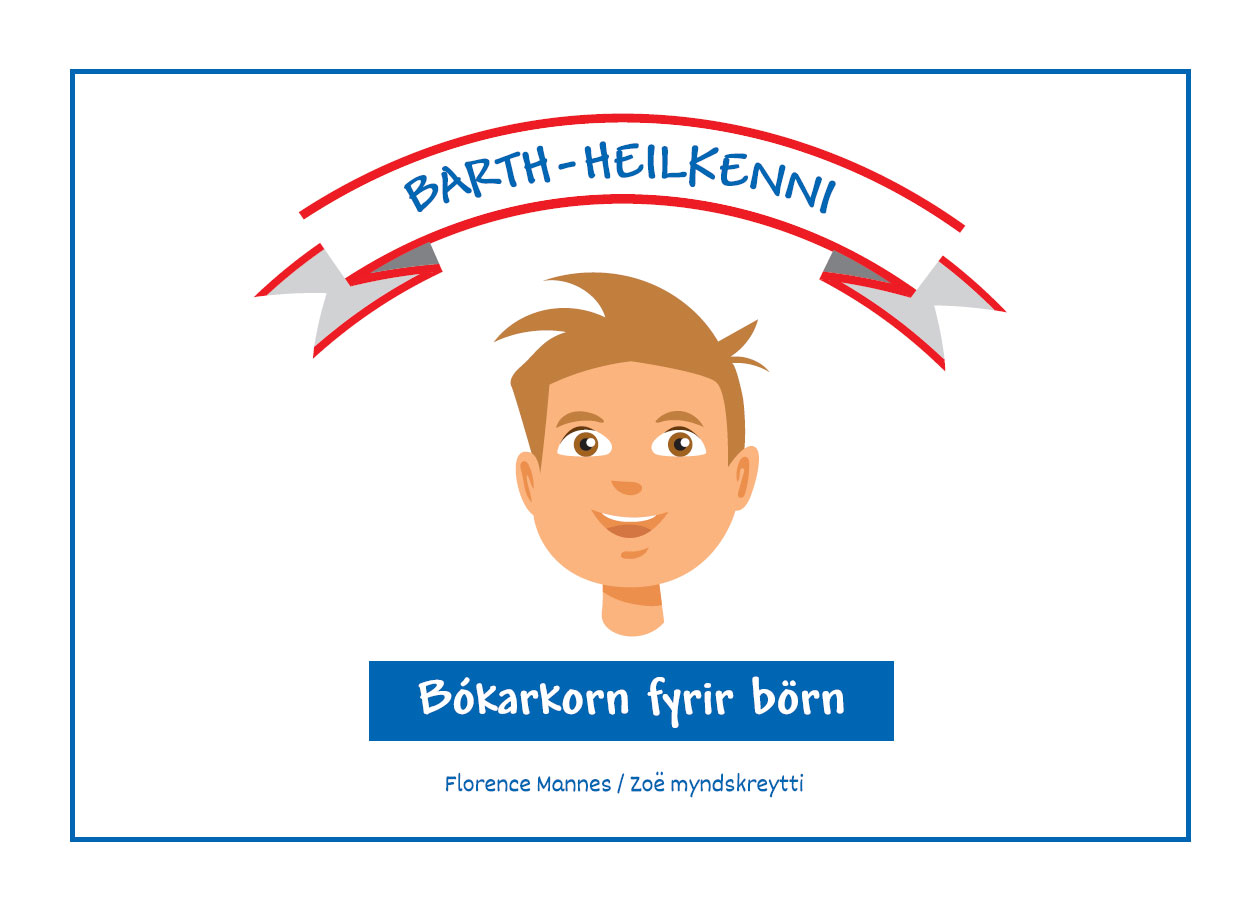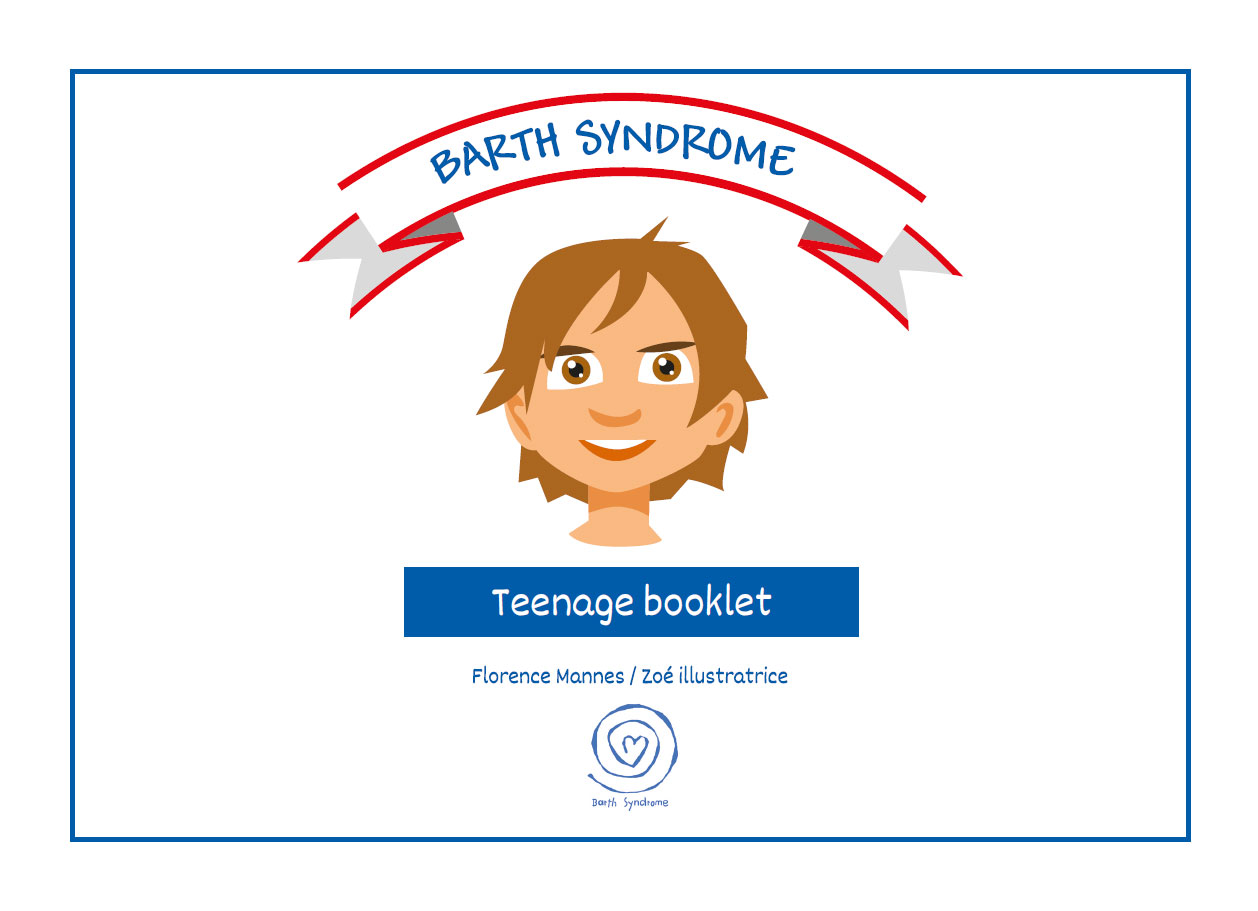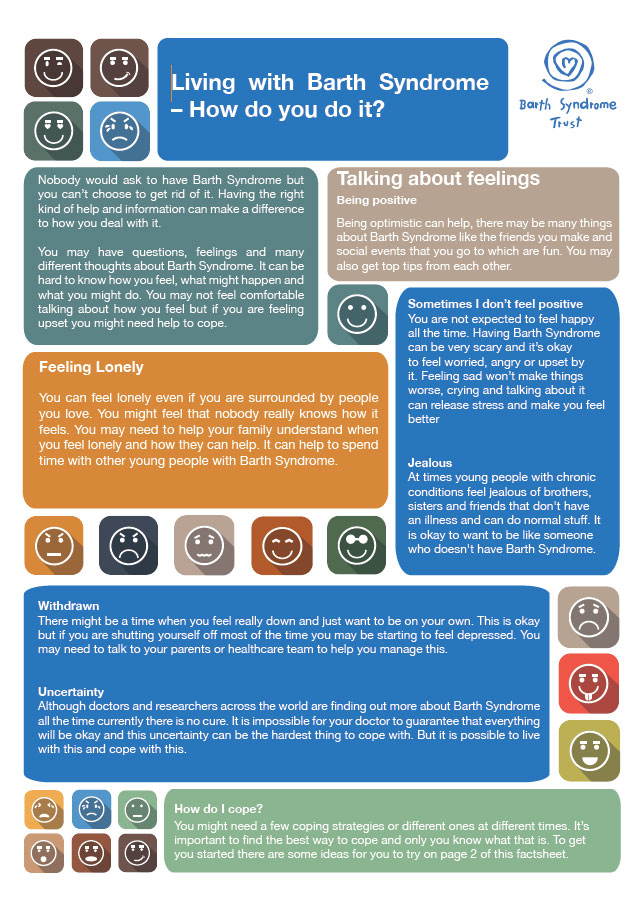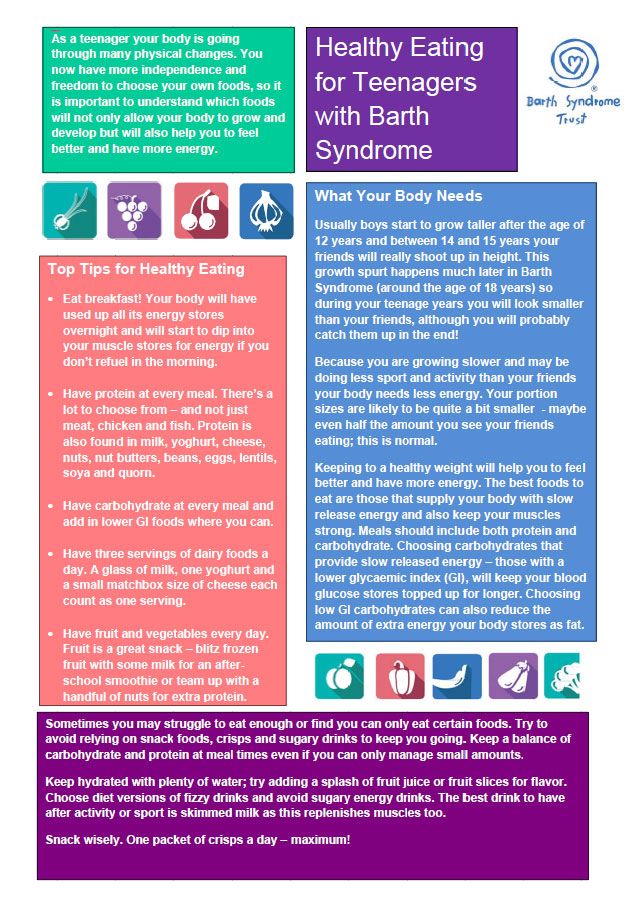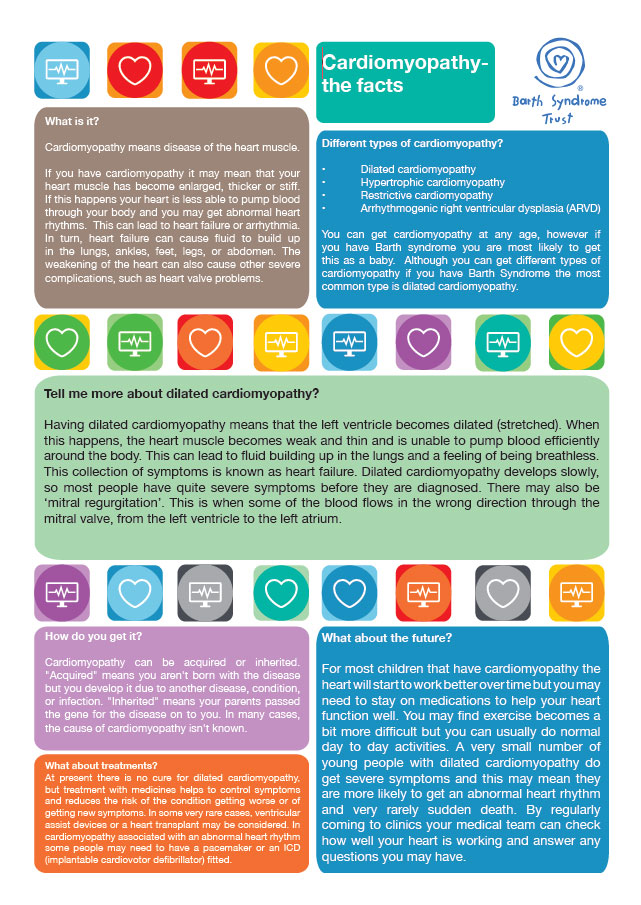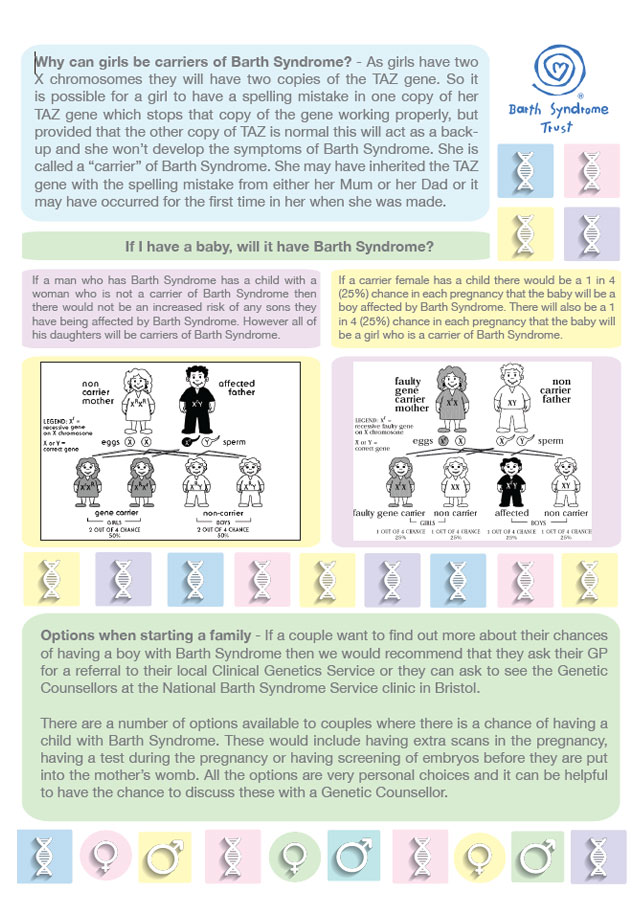Resources
for Youth
Barth syndrome is a very complex and difficult to understand disorder for adults, never mind for children. Following are some booklets and resources to help describe some of the problems individuals affected with Barth syndrome may experience. These resources are helpful when trying to explain to friends and classmates why they are unable to do the same things other children their age, even though they do not look sick.
Our affiliate in France has created these booklets and a video for children and teenagers affected by Barth syndrome. We are working on getting these translated into as many languages as possible:
Our affiliate in the United Kingdom, in conjunction with the British National Health Service has also produced several important and simple to read resources for affected individuals:
Virtual Meetups for Individuals Diagnosed with Barth Syndrome
Bi-weekly on-line meet-ups for affected individuals 18 and older occur every second Thursday at 5:00 pm ET. They are a great opportunity for teens and adults diagnosed with Barth syndrome to connect with one another. Join us for a lively, agenda free conversation.
Contact us for meeting ID information and password information
The Barth Syndrome Foundation, Sudden Arrhythmia Death Syndromes (SADS) Foundation, Children’s Cardiomyopathy Foundation and National Neutropenia Network are a part of Project Sunshine Teleplay. This is open to individuals diagnosed with Barth syndrome and their siblings and young immediate relatives. This is available for our 5 – 18 years old youth, giving them an opportunity to bond with others who are in a similar circumstance through fun.



